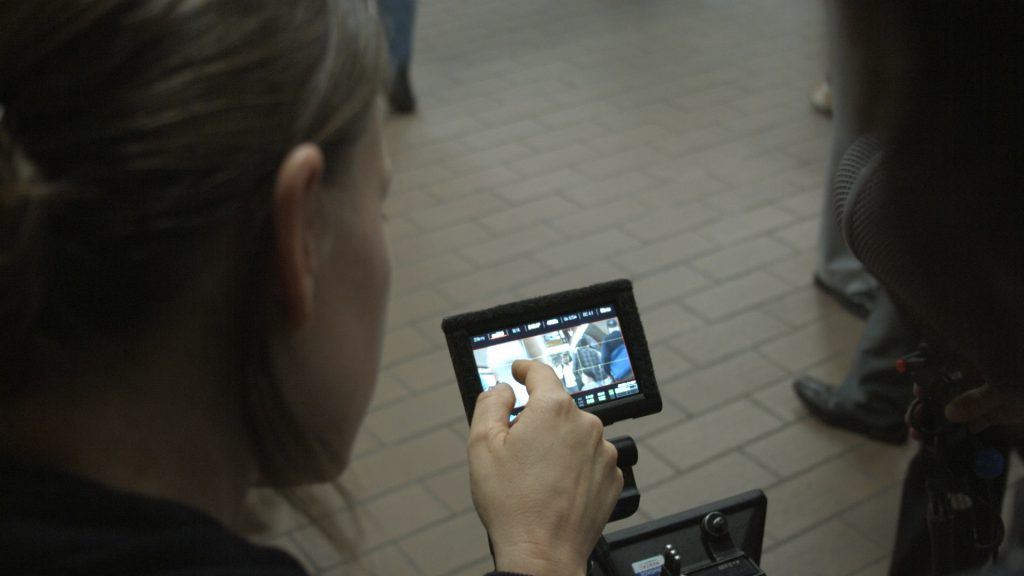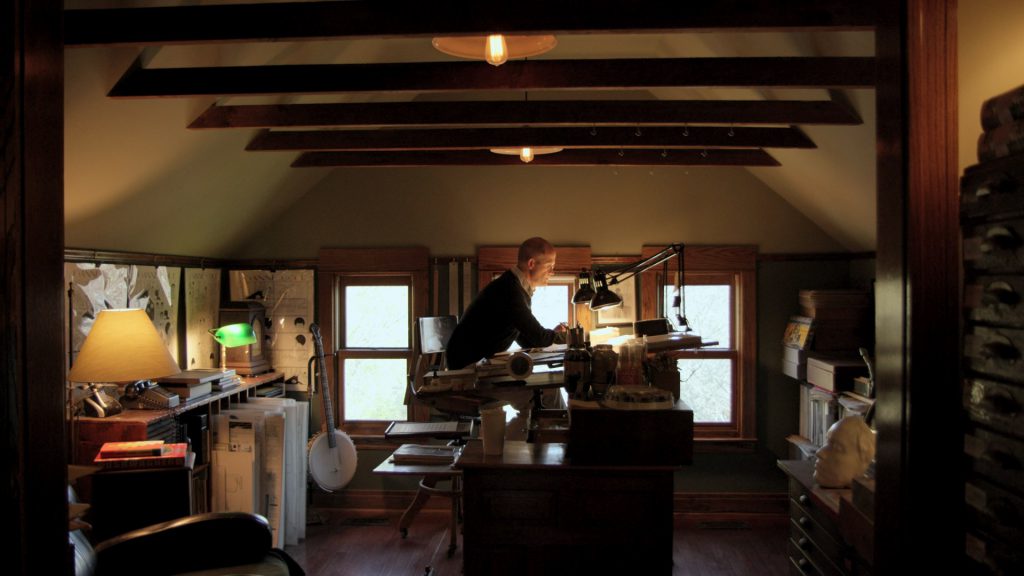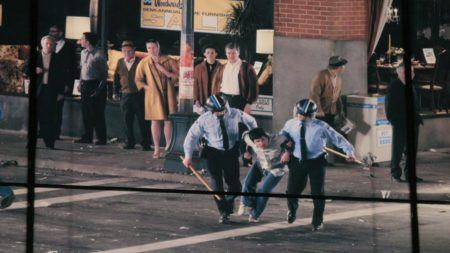Natalia Almada was born in Mexico City in 1974. The great-granddaughter of Mexico’s controversial 40th president Plutarco Elías Calles, she makes intimate films that delve into the tragedies of her Mexican-American family’s personal history as well as the Sinaloa region’s violent present. Ranging from documentary to fiction to experimental narrative, Almada’s films portray a world filtered through recollection and constructed by diverging points of view. Whether chronicling the daily lives of Mexican drug smugglers, immigrants, corrido musicians, or government bureaucrats, Almada’s camera acts a witness to lives ensnared by violence and power struggles. What comes into view is a portrait of society, both its political history and collective memory, as told through individual experiences.
Her lyrical films adopt non-linear and multilayered approaches to storytelling, advancing the narrative through arresting images, poetic observations, and meditative scenes that unfold in real time. Almada’s own presence—sympathetic yet questioning—pervades each film through her role as director, cinematographer, editor, narrator, and at times autobiographical subject of the work.
In the following preview from the Mexico City episode of Season 8 of Art in the Twenty-First Century, filmmaker Natalia Almada discusses her heritage and how being both Mexican and American has contributed to her work. “I think that when I embrace that duality and I understand that it shapes the way I see things,” says the artist, “it gives me something special in terms of how I look at the world and how I relate to people.”



